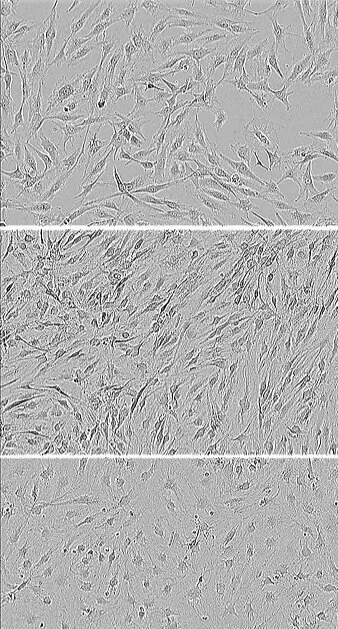About S2N
S2N was spun out of the University of Sydney in 2019 based on a biomedical discovery by Prof Valenzuela and his team.
Their key insight was the remarkable degree of shared biology between stem cells in the brain and stem cells in skin.
It turns out that a specialised niche within the human hair follicle possesses exceptionally strong neurogenic potential.
S2N has developed a proprietary method for isolating, enriching and expanding these cells - termed hair follicle-derived neuroprecursors (HFNs).
Unlike induced pluripotential stem cells, HFN require no genetic modification and are unipotent - they only develop into neurons.
This is why we are so excited about the potential for S2N technology.
S2N is currently at the preclinical stage of testing HFN cell therapy in different Alzheimer’s models, and developing protocols for the supply of customizable neuronal cultures for scientific and industry use.
We have also successfully characterized the Critical Quality Attributes of HFNs, a key milestone on the road to regulatory approval and therapeutic use.
To receive news about this, as well as research announcements and other developments, please get in touch or sign up to our Newsletter here.
About the image: human hair follicle-derived neuronal precursor cells at different stages of S2N in vitro differentiation.

Case study: “Wow! We’ve got Leo back.”
— Carer of 12yo poodle-pomerian dog with canine dementia after treatment with S2N cell therapy.
Watch a before-and-after video of Leo’s response to treatment here.
As reported by the Sydney Morning Herald here..
About the image: Rodent hippocampus labelled using OPAL method with 4 markers: MBP (blue), BIII tubulin (green), NeuN (red) and GFAP (brown)
